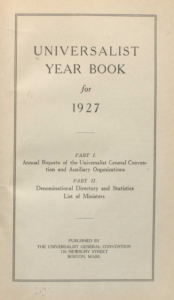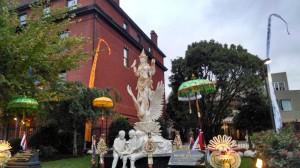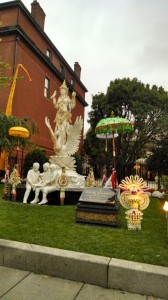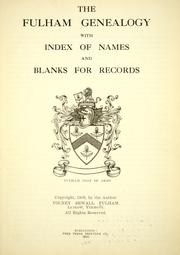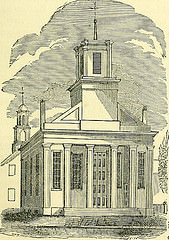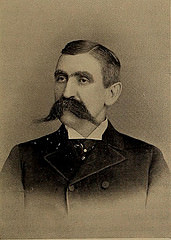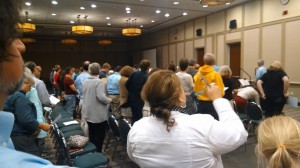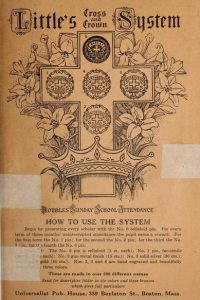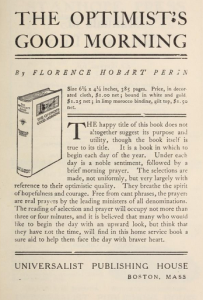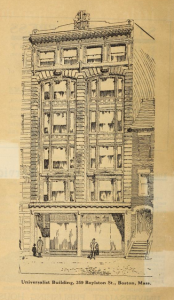OK, we’ve had our earnest mental exercise about what historic Universalist polity asks us to consider today. Now, a bit of fun.
What’s the fewest number of Universalists it would take to create a new, functioning (if impractical) Universalist denomination, under a reasonable reading of the old (say, pre-1950) polity documents? (After all, if independent sacramental churches can have tiny jurisdictions…)
Nine. Nine very tired people.
Let’s say you wanted to restore something like the Universalist Church of America, which was organized on a national basis, with subordinate state conventions, which were made up of parishes and ministers (both) in fellowship. A newly restarted denomination is unlikely to be divided into the two upper divisions. There is likely to be (at first) a common convention that would necessarily be organized as a state convention.
Under the old rules, a state convention needed to be made up of no fewer than four parishes, each “established for at least two years, and thus have given satisfactory evidence of their probable permanence” (1870 rules). But there was no size requirement for parishes; but let’s assume two, which is the smallest possible human society. And let’s assume these tiny parishes persist and flourish, and thus qualify, even if they do not grow. And it makes coffee hour easy.
Four times two is eight. The ninth? A minister, not only to serve the parishes (once a month in rotation was not unknown) but also to serve on the fellowship committee (with lay members, presumably two) and thereby add new ministers and parishes. Depending what era of polity you’re considering, the lone minister would be General Superintendent, too. And no doubt Chief Bottle Washer.
The convention is also a legislative body made of its officers, lay delegates and serving, fellowshipped ministers — in case you wondered why settled ministers have a vote at General Assembly; no, it’s not a violation of our polity, rather an expression of it. Every one of the imagined nine Universalists would have to serve a voting role in the business of the convention. (One would hope it wouldn’t be contentious.)
The four parishes in Convention could be joined by a “Convention Church” — a shadowy beasty that occurred for a short time in some states to serve isolated Universalists, and which only met at Convention. Again, much like the General Assembly experience so many regular attendees have. But since the Convention Church seemed to be a creation of the convention, it could exist as a mission with adherents but without any actual members, at least for the purpose of this game.
But perhaps you think I’m violating the terms of my own thought experiment. If we’re thinking about a new national denomination, a lone state convention (you’d contend) won’t suffice. You’d need at least two: so a total of sixteen lay members and two ministers. (The new General Convention parallel could have member parishes and ministers in direct fellowship, but it needn’t. Let’s not get crazy with growth.) These would then elect officers and send delegates. So a state convention’s president and secretary, two lay delegates and a clerical delegate each makes a General Convention membership of ten, of the eighteen Universalists in total.
Ten very tired people.
Enough of this game; I need a nap.











